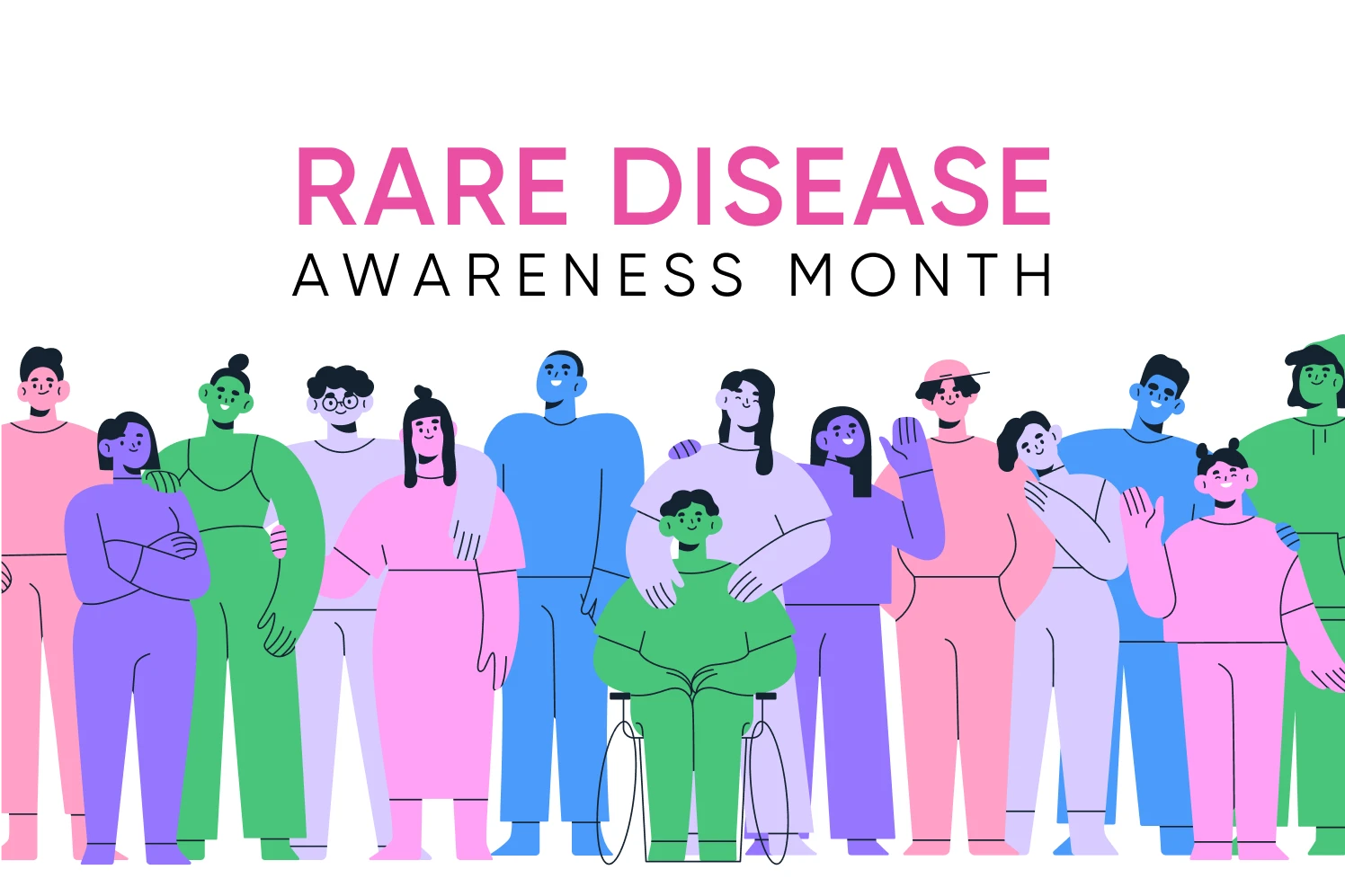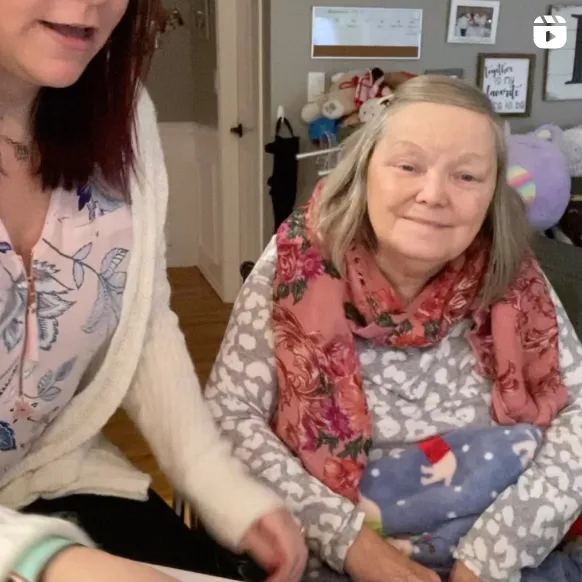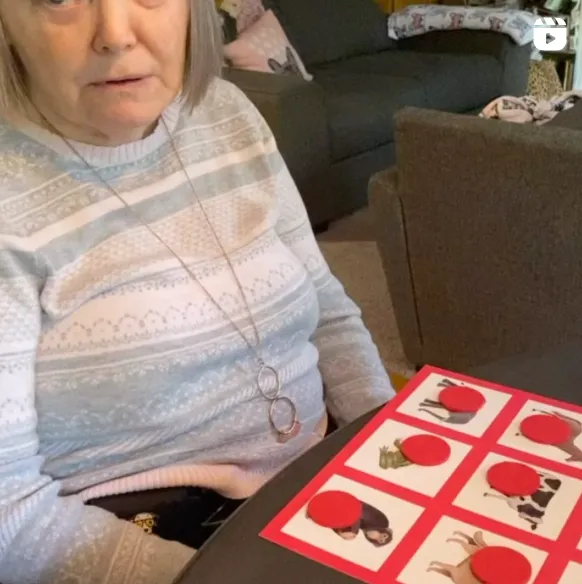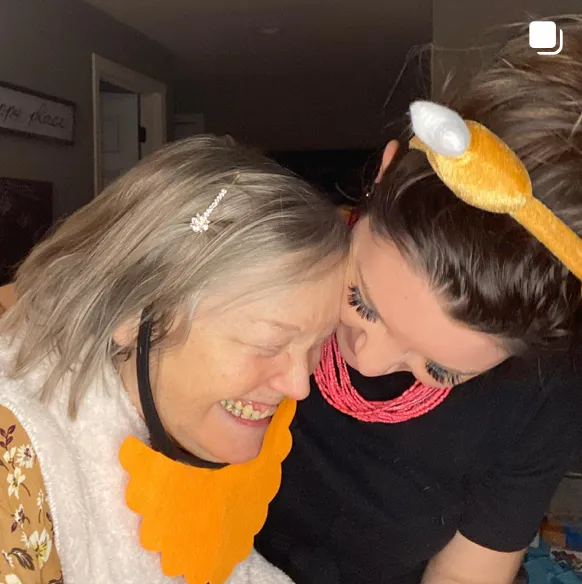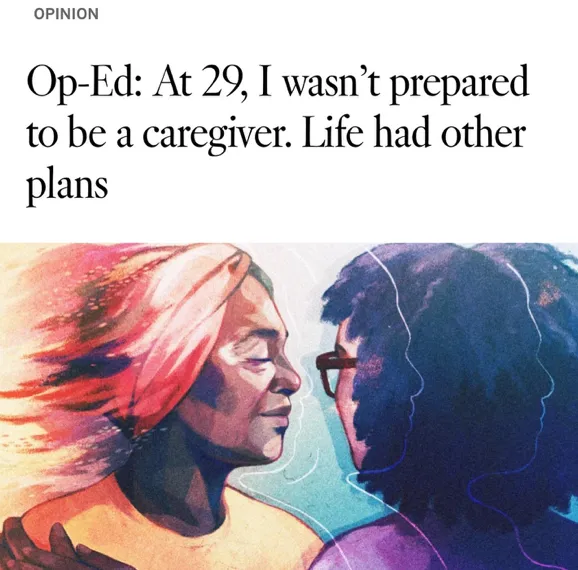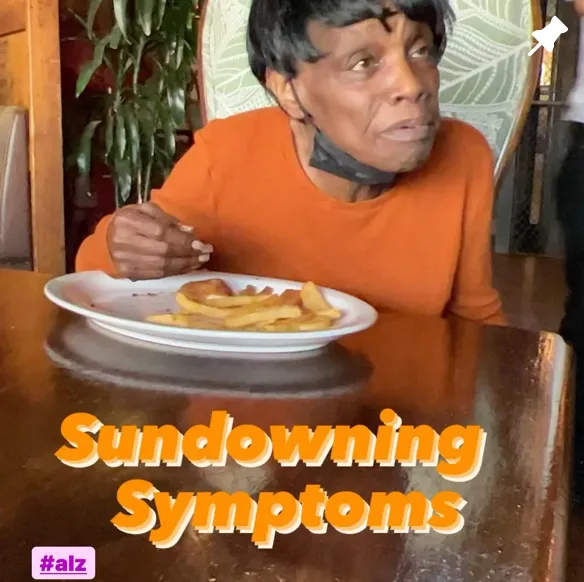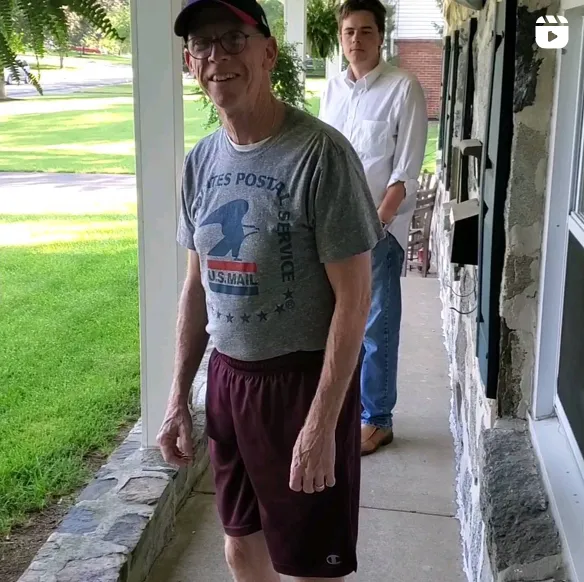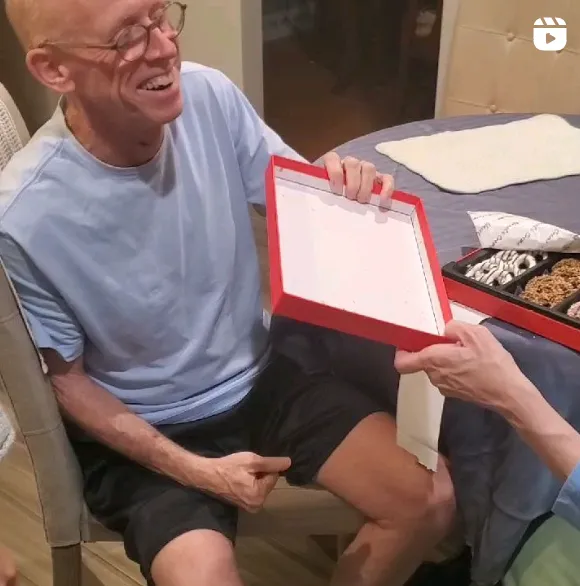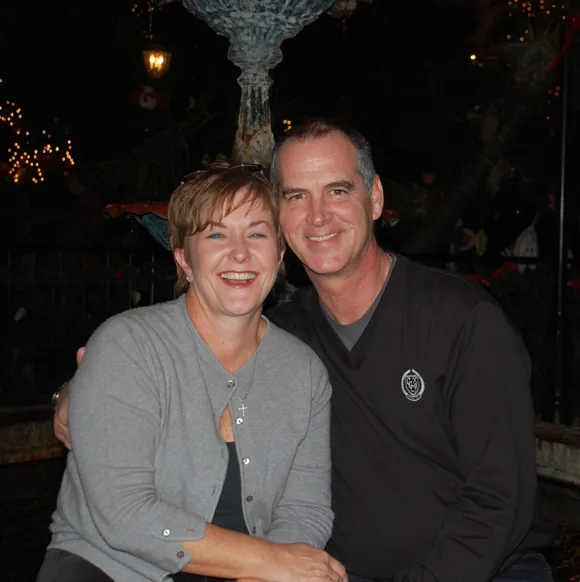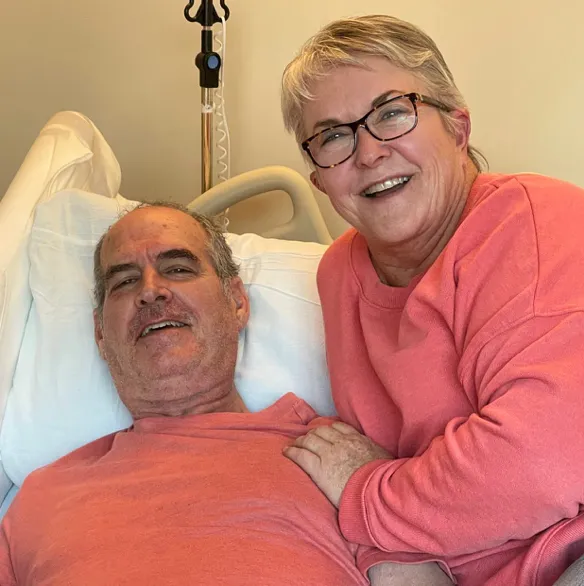In 2016, Michael Patterson was on the brink of the career opportunity of his life and the birth of his daughter when he suddenly suffered a stroke-like episode while going to lunch with his wife. But it wasn’t until after dealing with severe cardiac issues and a nearly lethal biopsy that Michael was diagnosed with sarcoidosis, a rare inflammatory disease that causes small lumps of cells, called granulomas, to develop and grow in various parts of a person’s body.
AllStripes caught up with Michael to discuss his journey to diagnosis, his support team and the connection between his journey and his newborn daughter’s.
It started in the beginning of 2016. I was a football coach and high school teacher working with kids with learning disabilities in southwest Florida. My wife was pregnant with my daughter. We went to lunch after an appointment when the lower half of the right side of my body felt like it was in quicksand — I couldn’t control it — I was like, Whoa! That side went from being quicksand to doing the MC Hammer “U Can’t Touch This” dance and convulsing. And I’m like, “What in the world is going on!?” you know?
We called 911. They thought I was having a stroke. They took me to the hospital, where my body stopped shaking and they ran tests on me. The doctor comes out and tells me that I have a benign tumor on the left side of my brain. They told me I needed surgery within three days. We have a friend of our family who is a neurosurgeon who’d just moved from Naples, Florida, to Charlotte, North Carolina — Dr. Eric Eskioğlu, MD. He took my case, I just had to get there.
My daughter was born a week after I was hospitalized. They put me on steroids starting January 2016. Prior to this I didn’t smoke, didn’t drink, wouldn't even take medicine for a headache. Now I have all these steroids running through my body. I couldn’t sleep. Sometimes I felt like getting up and running at two in the morning. I’d have head sweats, no sweat anywhere else but the top of my head — drenched! I’d take my hat off and my other coaches would ask if I threw water on my head. In one month, I went from 187 to 213 pounds.
Once I’m able to get up to North Carolina, Dr. Eskioğlu confirms the tumor is benign, growing, and that he can perform the surgery. The first available date was in June but a scheduling conflict pushes the procedure to August. I had gotten promoted to become a defensive coordinator at the second-winningest football program in Southwest Florida — I didn’t want to miss that opportunity. I asked if I could do the surgery after the season, and he said if I stayed on the medication and continued episode free, we could do it in December 2016.
I worked through the season. In preparation for the surgery, my family rented an Airbnb for a month in Charlotte for all the pre-op stuff. The day before the surgery the doctor called my wife and asked me to come in for a final MRI. I’m heated because I just wanted to be with my family. Afterward, I come out and my wife is crying. I’m thinking somebody has passed away. She hands me the phone and it’s my doctor. He says, “Remember when we said your tumor was going to be the size of a golf ball? It’s shrunk to half the size of a green pea right now. I’m not going to do surgery, I’d do more harm than good.”
The next day, I see him in-person and tell him, “There’s something still wrong with my body.” He thought I had something called sarcoidosis. That’s the only time he’d seen tumors that grew and then shrunk.
My body had been on steroids for a year and they immediately took me off the medication. After 30 days, my body went into a crisis that ultimately led to heart failure. I’m in a hospital in Naples for three weeks before getting transferred to the VA’s hospital in St Petersburg.
There, a doctor asked, “Can I do a workup on you?” Over the next ten days, I saw every specialist in the hospital, with blood drawn every day. I got poked 256 times in a two and a half week span.
A cardiologist and I eventually had a conversation on my bed. She treated me like a person, like I was somebody.
She told me about a doctor who was going to talk to me about a defibrillator. At that point I was against it — I was like, If it’s my time, so be it. My baby was one at the time.
The doctor and I talked for three hours about my journey, quality of life, and at the end of the conversation, I agreed to install a defibrillator. At this point, I still haven’t been diagnosed properly with sarcoidosis, so I agree to do a biopsy. It was supposed to be a 20-minute procedure but when I woke up, I’m in the ICU. I ended up flatlining twice during the biopsy.
The biopsy did get done and I was diagnosed with sarcoidosis. I came out of the hospital on April 24, 2017. I had to relearn how to do everything — walk, go to the bathroom on my own, bathing, driving, sit up in a chair — everything we normally take for granted every day.
Six months later I started researching sarcoidosis as much as possible. I did not want to have a bad attitude. In November 2017, I found the Foundation for Sarcoidosis Research (FSR). We’ve done a lot of work together over the past four or five years. We used to meet once a year in Washington, D.C., during Rare Disease Week, went to the Capitol and talked to different representatives. Through the Ambassador Program, I got connected to AllStripes and hope to have all my medical records centralized soon.
The support system I had around me was amazing. My baby girl is 6 years old today, she’s in kindergarten, and her verbal skills are tremendous! My next venture is to go to colleges and medical schools and talk to future doctors about rare diseases. It’s crazy — one extra blood test in 2016 would’ve identified my rare disease and saved a year and half of what I went through. Hopefully I’ll get to start this next journey this summer.













